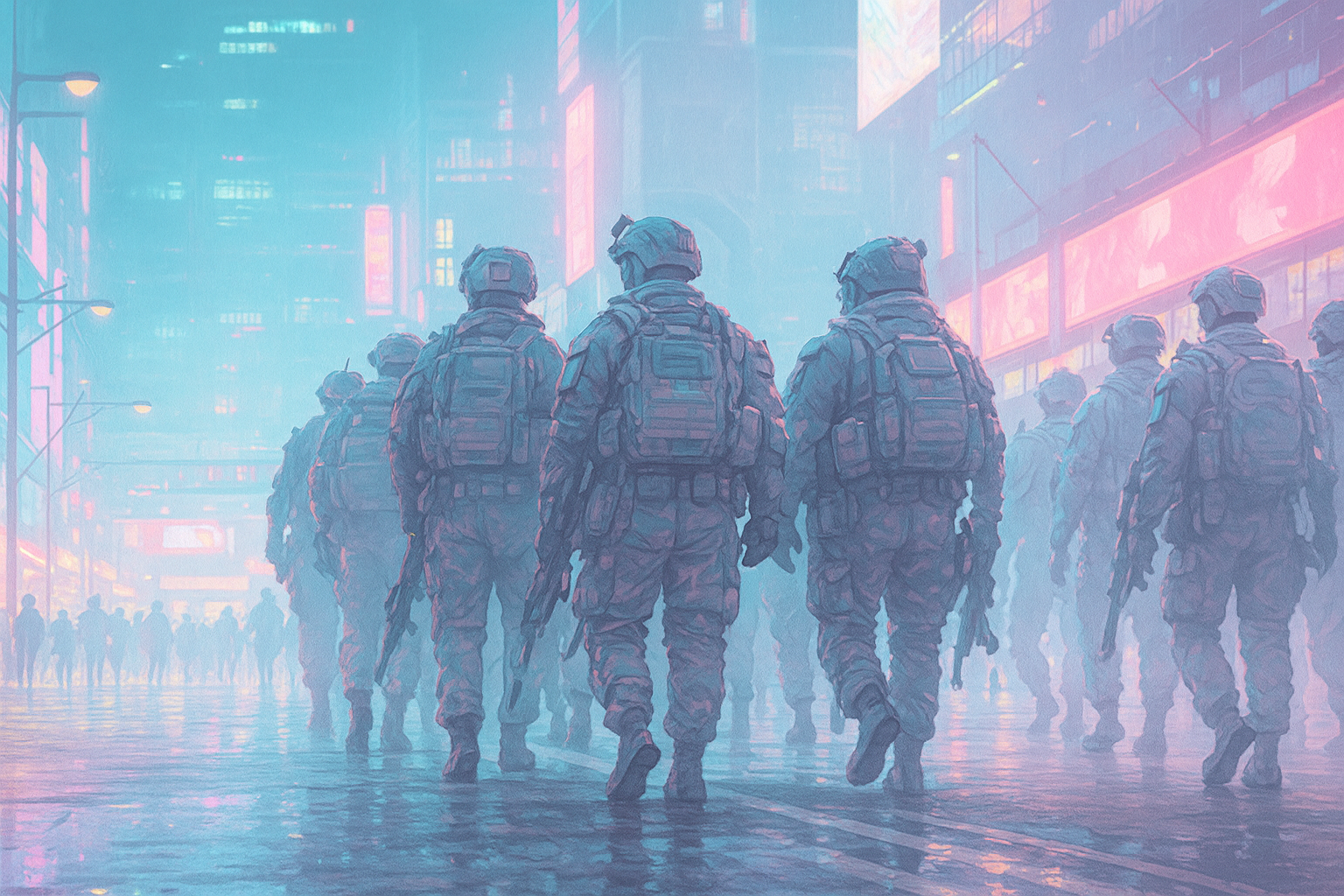
The recent floods in Pakistan are just one example of how climate change hits poor countries the hardest. Tragically, these countries are the victim of a problem caused by others. It is thus no wonder that Pakistan is now asking the West to pay for the estimated $10 billion of damage caused by the floods. So far, only limited support has been committed to Pakistan and rich economies still refuse to accept responsibility for climate change in general. This could very well be a case of penny wise and pound foolish. First, there is a moral obligation to take responsibility for our extremely high carbon footprint. Per capita, rich economies emit 23 times more than developing economies and it thus clear who caused the problem in the first place. Second, if we don’t support these nations in their struggle against climate change, they are unlikely to contribute to global climate mitigation efforts. Third, the West is bound to lose geopolitical leverage in developing regions. China and Saudi Arabia, for example, will continue to invest billions of dollars in Pakistan and these investments are all about geopolitical and geo-economic ambitions and have little to do with sustainable development. All in all, refusing to support Pakistan and other victims of climate change may save some money on the short term, but it will cost us dearly on the long term.

